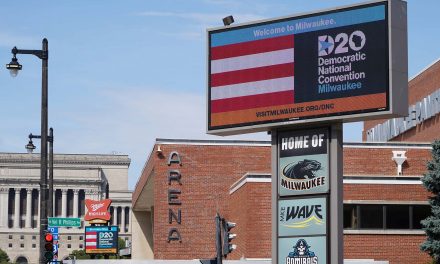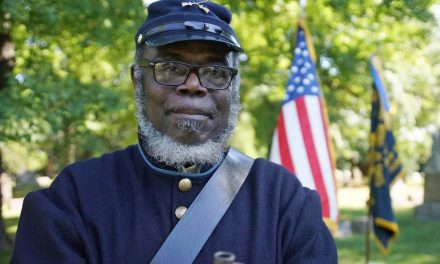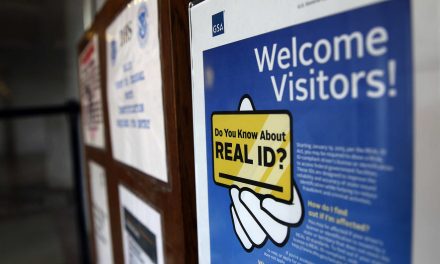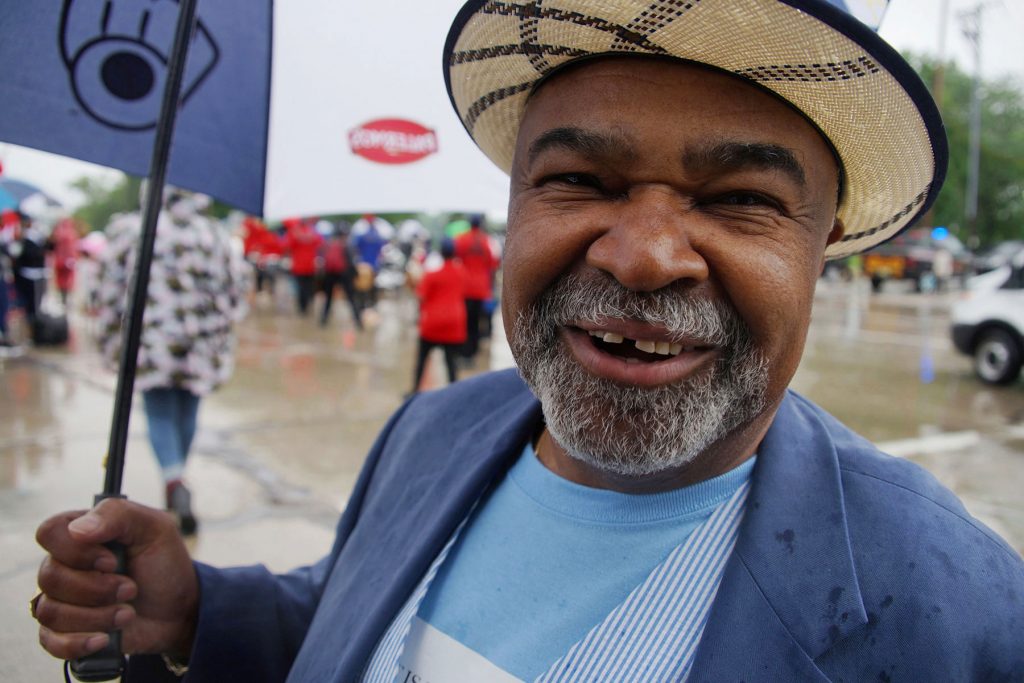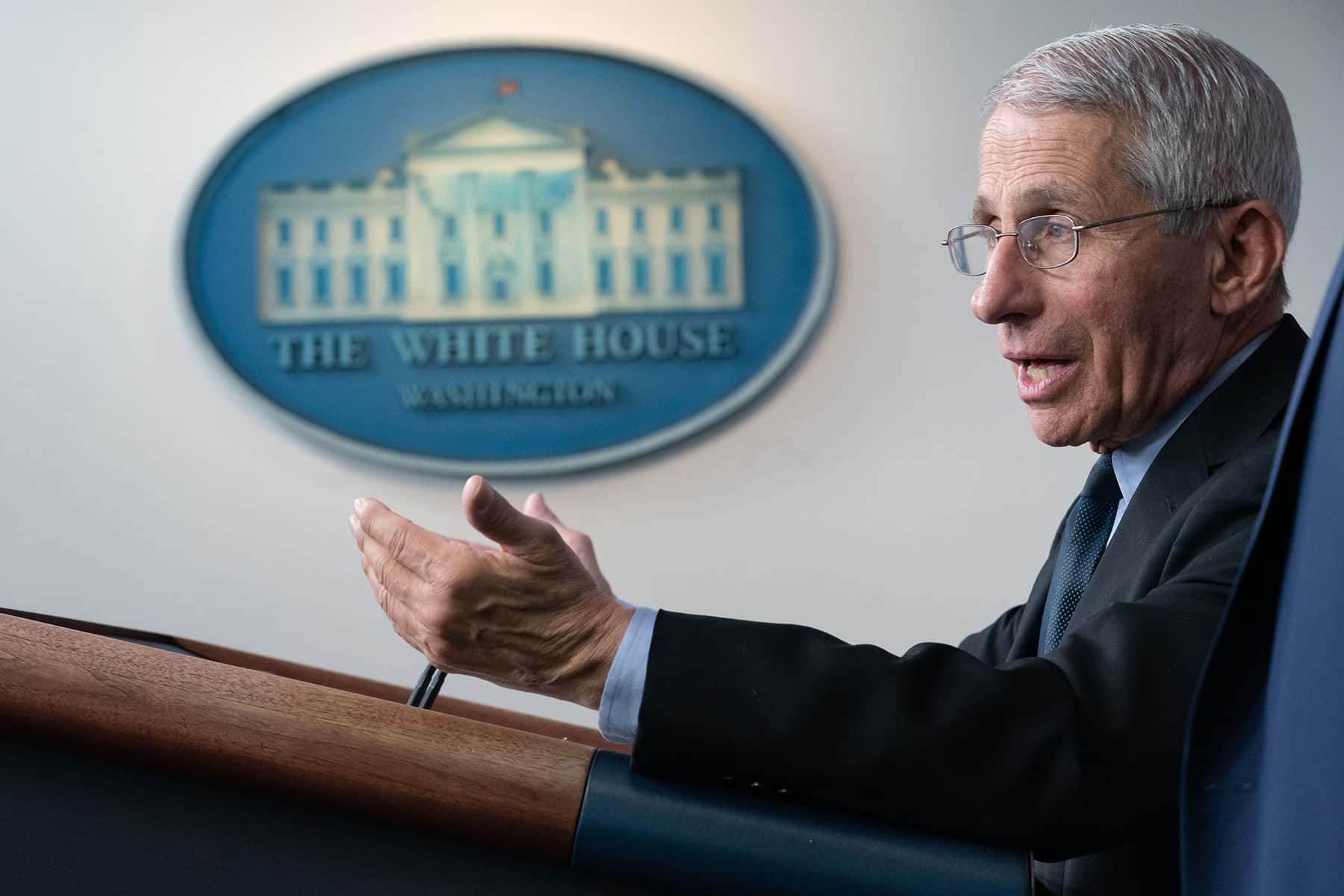
One of the nation’s top public health officials leading the fight against the new coronavirus said on March 20 that recent comments from Wisconsin Republican U.S. Senator Ron Johnson were “way out.”
Johnson said in a March 17 interview that the public needed to keep the COVID-19 disease in perspective, saying that “we don’t shut down our economy because tens of thousands of people die on the highways.”
Johnson also said that “getting coronavirus is not a death sentence except for maybe no more than 3.4 percent of our population (and) I think probably far less.”
At the White House press briefing on March 20, Anthony Fauci, the head of the National Institute of Allergy and Infectious Diseases, said it was “false equivalency” to compare traffic accidents to potential deaths from COVID-19.
“I mean that’s totally way out,” Fauci said.
“When you have something that is new and it’s emerging and you really can’t predict totally the impact it’s going to have, and you take a look at what’s gone on in China and you see what’s going on right now — right now — in Italy, and what’s happening in New York City, I don’t think with any moral conscience you could say ‘Why don’t we just let it rip and happen and let X percent of the people die,” Fauci added.
Fauci, who has served under six presidents, was asked to address the question by Republican President Donald Trump, who also disputed Johnson.
“You could be talking about millions of lives,” Trump said. “You know, you’re talking about hundreds of thousands and maybe more than that numbers of people.”
For context, 3.4 percent of the United States population would be roughly 11.2 million people, while 1 percent would represent about 3.3 million people.
Johnson has said people should follow the government’s social distancing guidelines, but he also cautioned that widespread shutdowns could have a devastating effect on the nation’s economy. His statement highlighted the Senator’s habitual pattern of putting special business interests before the needs of regular people, and failing to protect the health of the Wisconsin citizens who he was elected to represent.
Shаwn Jоhnsоn
The White House
Originally published on Wisconsin Public Radio as Top US Health Official Rips Ron Johnson’s Coronavirus Comments


